Overskuddsstrømmen fra dette bygget skal selges videre de neste 60 årene
Visualisation of KPIs in zero emission neighbourhoods for improved stakeholder participation using Virtual Reality
User-oriented LCA database for inventory of ZEN projects
Technical concepts to avoid low relative humidity
eTransport modules for diurnal and seasonal heat storage
Thomas Sutcliffe


PhD Candidate
Email: thomas.e.sutcliffe@ntnu.no
Phone: 926 21 103
Stephen Selkowitz
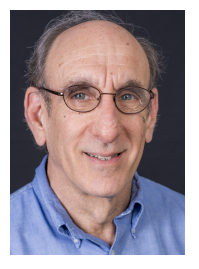

Lawrence Berkeley National Laboratory, USA
E-mail: SESelkowitz@lbl.gov
Phone: +510 486 50 64
Kristina Mjörnell
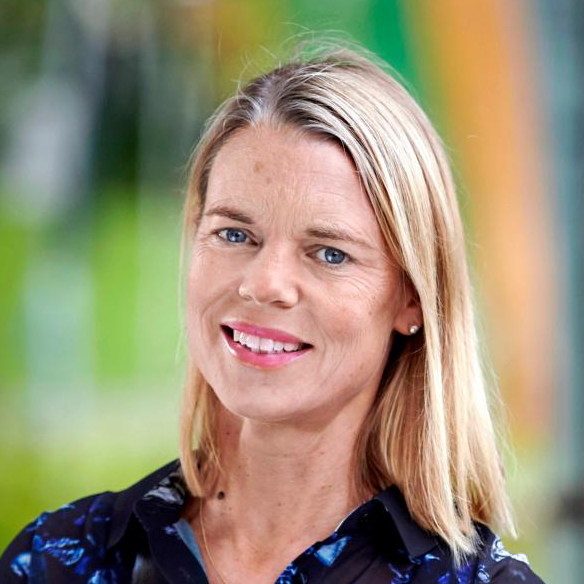

RISE, Sweden
E-mail: kristina.mjornell@ri.se
Phone: +46 10 516 57 45
Lieve Helsen


KU Leuven, Belgium
E-mail: lieve.helsen@kuleuven.be
Phone: +32 16 32 25 05
Eva Heiskanen


University of Helsinki, Finland
E-mail: eva.heiskanen@helsinki.fi
Phone: +35 829 412 09 03
Krever endringer – Plan og bygningsloven hindrer miljøvennlig utbygging
Overskuddslageret
Kjell Skjeggerud


Norcem
Email: kjell.skjeggerud@heidelbergcement.com
Phone: 905 07 304
Morten Dybesland
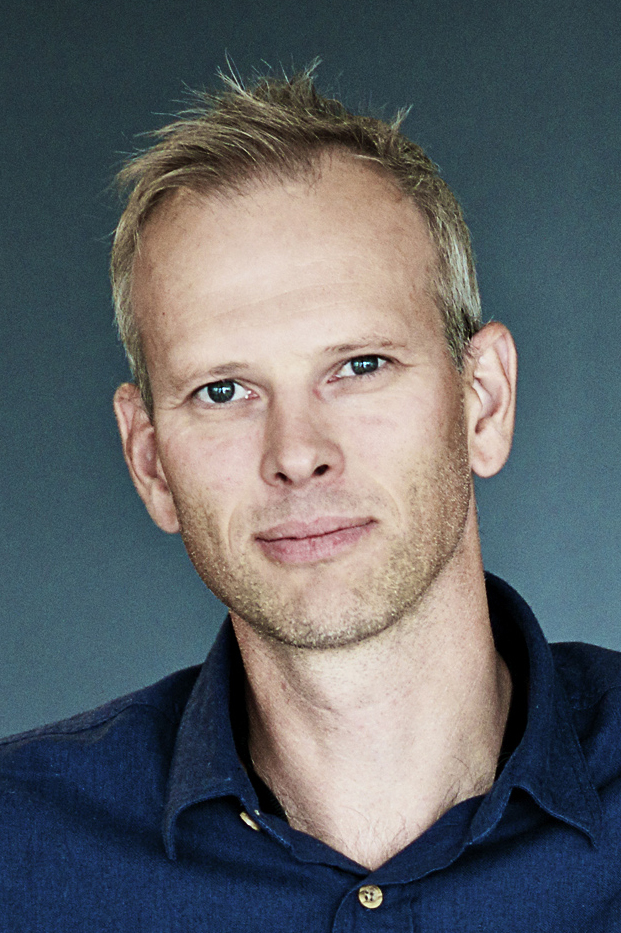

Statsbygg
Email: Morten.Dybesland@statsbygg.no
Phone: 470 57 410
Svein Olav Munkeby
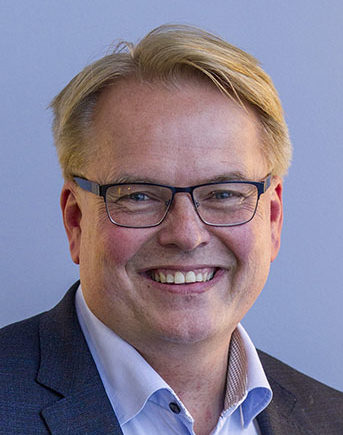

NTE Marked AS
Email: svein.olav.munkeby@nte.no
Phone: 941 90 670
Tobias Nordström
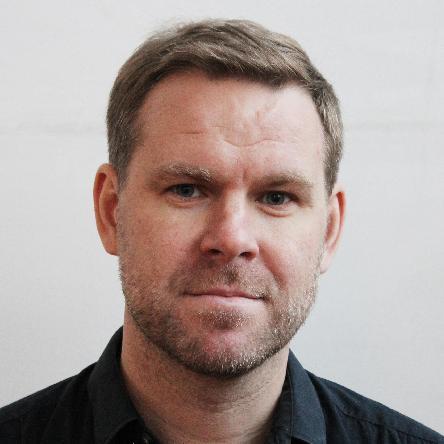

Researcher, NTNU
Email: tobias.nordstrom@ntnu.no
Phone: +46 709 360 209
Niki Gaitani
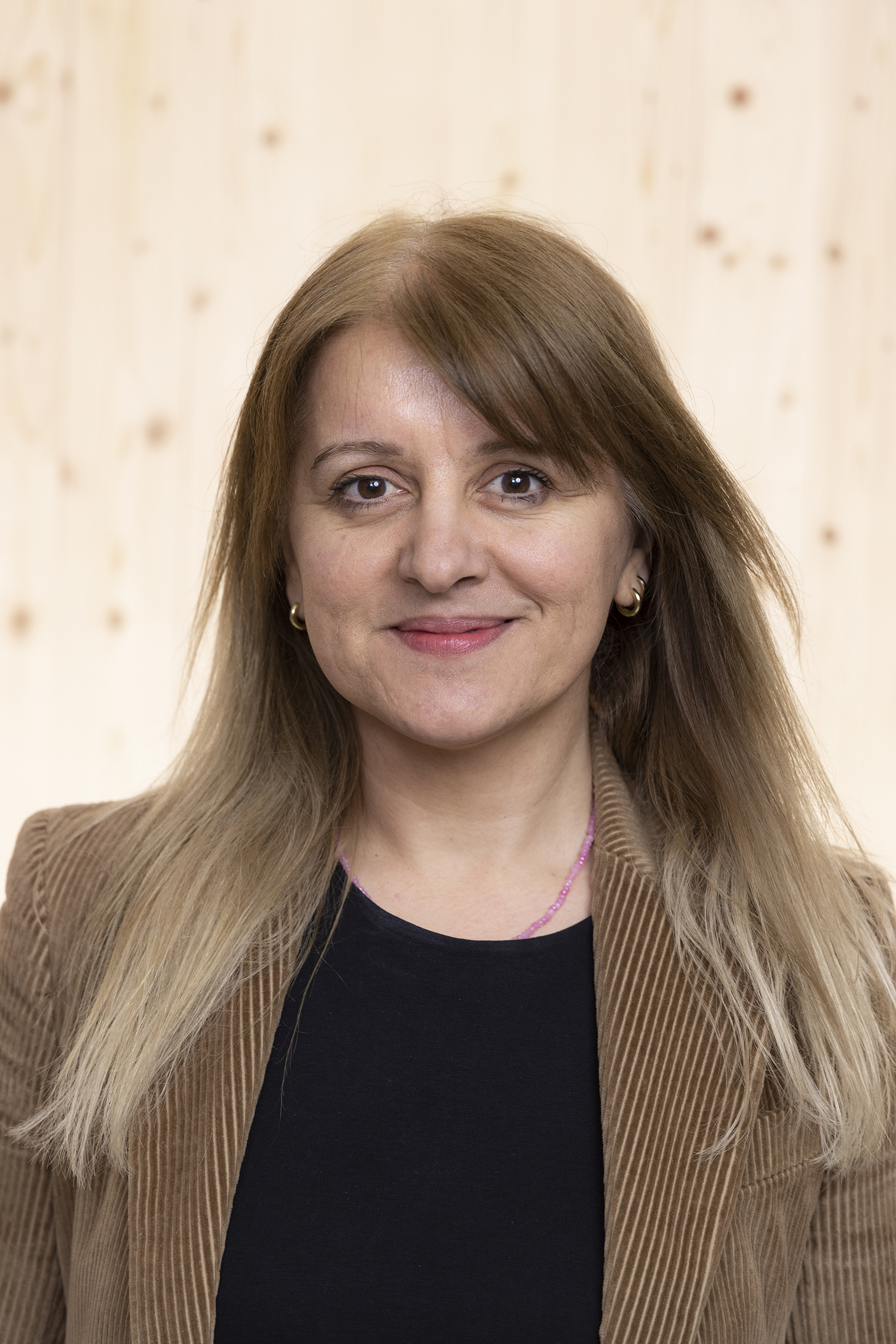

Associate Professor, NTNU
Email: niki.gaitani@ntnu.no
Phone: 468 83 766
Xingji Yu


PhD Candidate
Email: xingji.yu@ntnu.no
Phone: 412 66 229
Thea Marie Valler
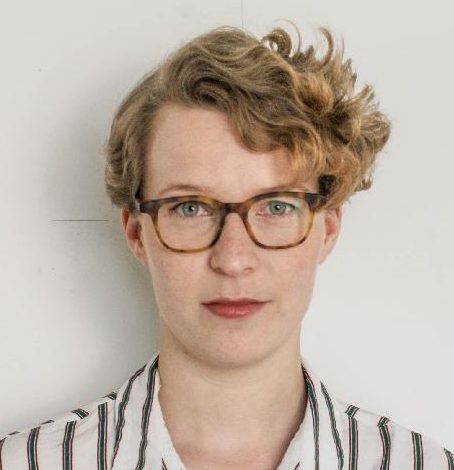

PhD Candidate
Email: thea.m.valler@ntnu.no
Phone: 735 59 135
Maria Coral Albelda-Estellés Ness
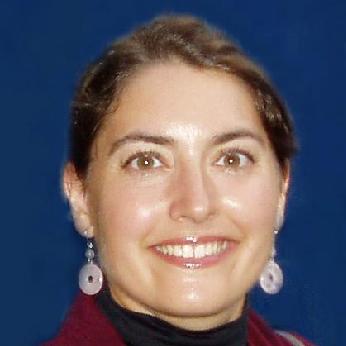

PhD Candidate
Email: maria.coral.ness@ntnu.no
Phone: *********
Amin Moazami


PhD
Email: amin.moazami@ntnu.no
Phone: 404 76 475
Jakub Wladyslaw Dziedzic


PhD Candidate
Email: jakub.w.dziedzic@ntnu.no
Phone: 735 92 991
Elena Catto Lucchino
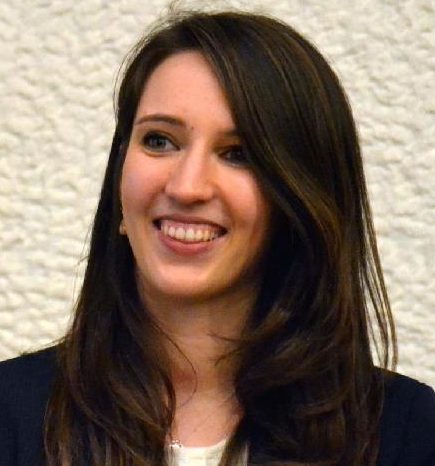

PhD Graduate
Email: elena.catto@ntnu.no
Phone: *********
Daniel Satoła


PhD Graduate
Email: daniel.satola@ntnu.no
Phone: *********
Hasan Ahmed Hamdan
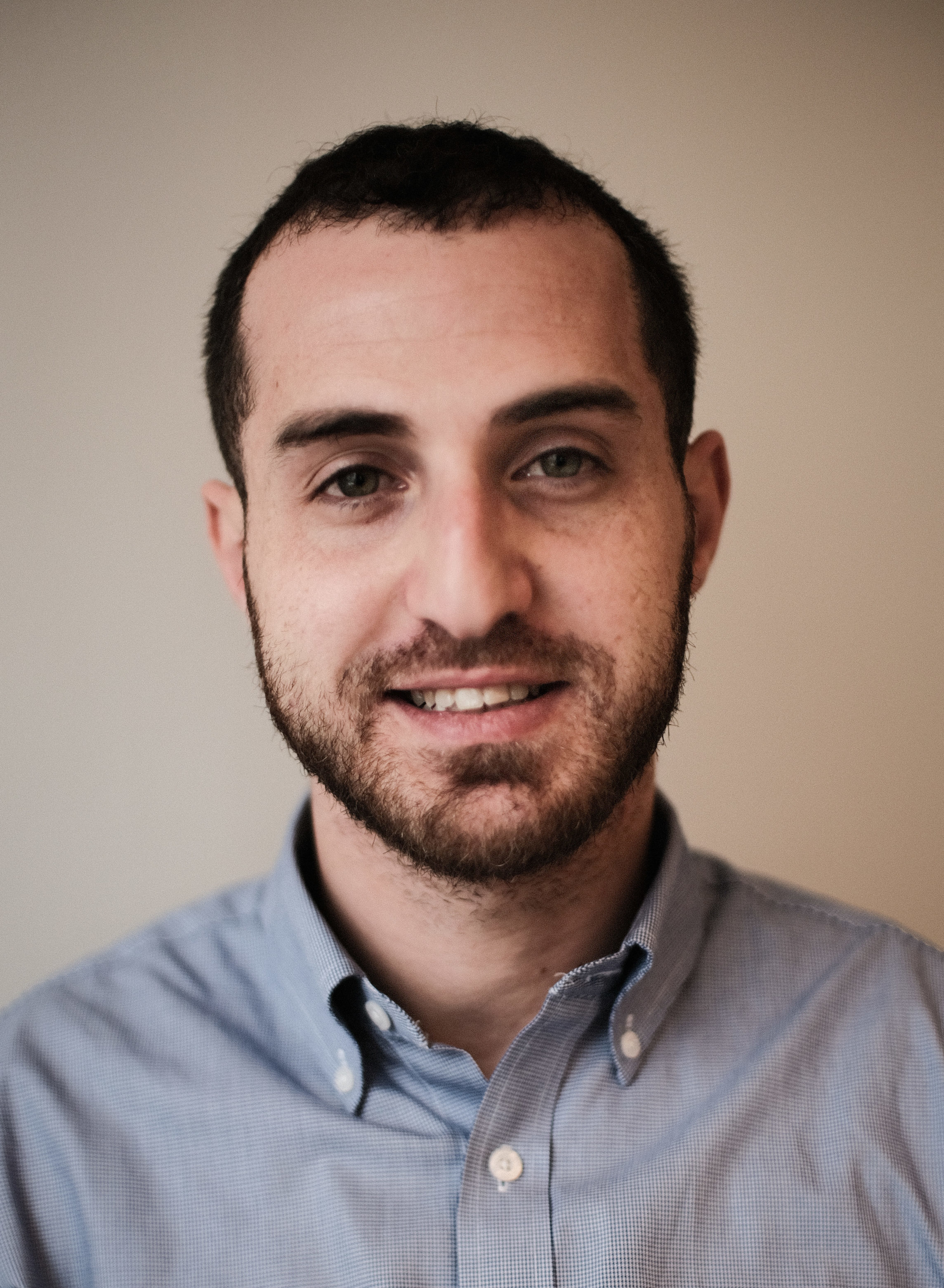

PhD Candidate
Email: hasan.a.hamdan@ntnu.no
Phone: 735 59 607
Matteo Favero
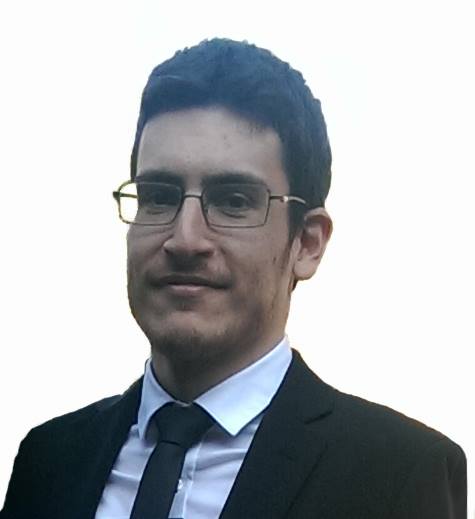

PhD Candidate
Email: matteo.favero@ntnu.no
Phone: *********
Johannes Brozovsky
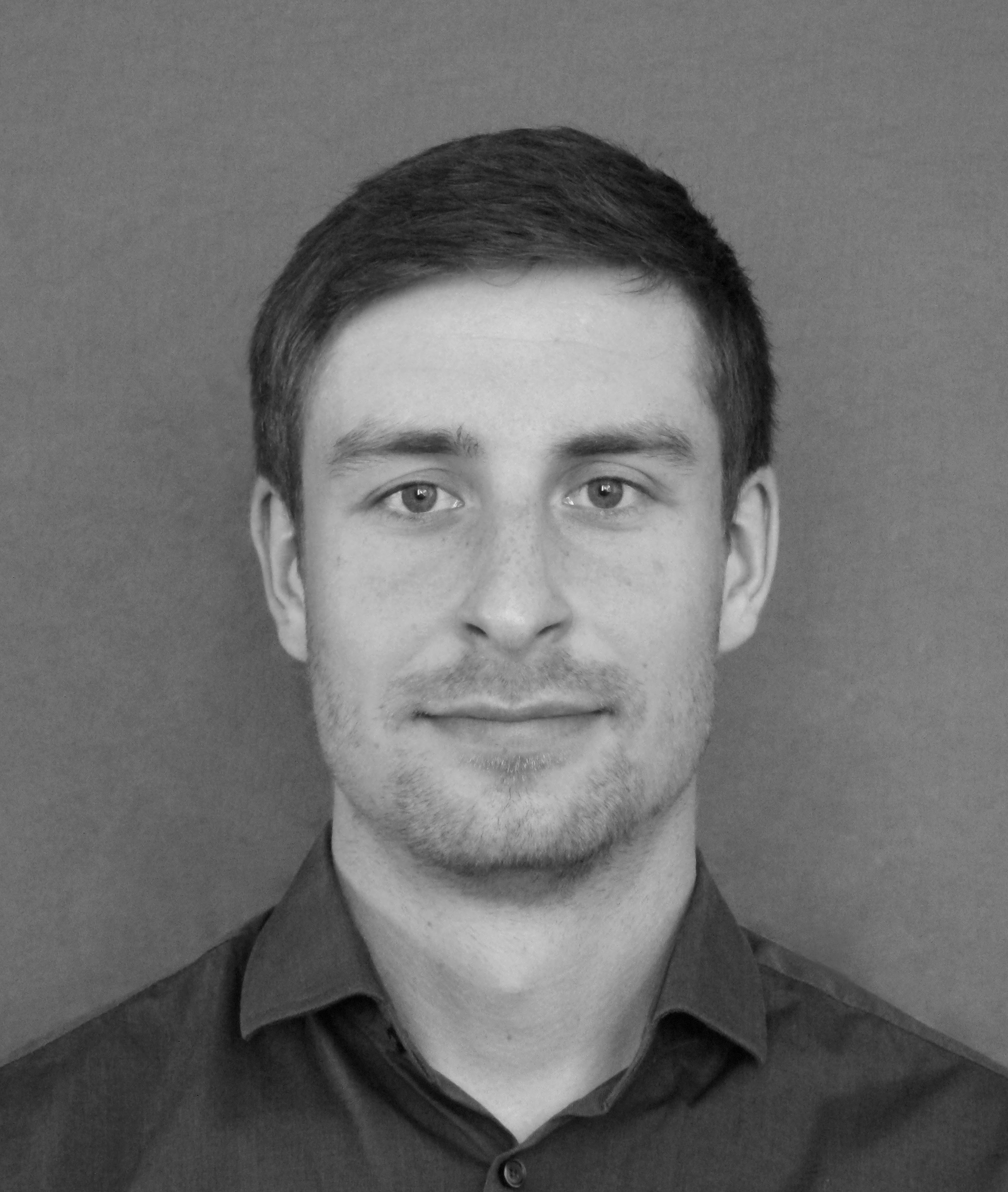

PhD
Email: johannes.brozovsky@sintef.no
Phone: *********
Magnus Askeland
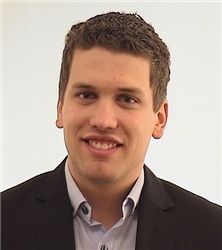

PhD Candidate
Email: Magnus.Askeland@sintef.no
Phone: 400 13 683
Vil forandre adferdsmønstre
ZEN inn i Smart by Powerhouse
Dette lurer du kanskje på om skolekrets-endringene
Vi gleder oss til fortsettelsen
TOBB og ZEN
Varmepumper er den foretrukne teknologien for nesten nullenergibygg (nZEB)
Software tools for local energy system operation and expansion
Abstract
This report describes existing software tools for analysing operation and expansion of local energy systems and is written in WP5 in the Research Centre on Zero Emission Neighbourhoods in Smart Cities (ZEN). WP5 in FME ZEN aims to develop and apply methodologies that identify the socioeconomic optimal operation and expansion of energy systems within demarked areas. The eTransport model is planned to be further developed and used to analyse pilot cases in ZEN. This report provides a brief description of the eTransport model and other alternative models found in the literature or used by partners in FME ZEN. The models are assessed based on their suitability to address the planned research tasks in FEM ZEN WP5. The report also includes a description of models developed for global and international analysis.
We are grateful for views and suggestions provided by Henrik Madsen (professor at DTU), and for comments provided by Anne Grete Hestnes (professor NTNU)
M. L. Kolstad, S. Backe, O. Wolfgang, I. Sartori
ZEN data management and monitoring: requirements and architecture
This memo details considerations and requirements for data management as well as the data view on monitoring within the ZEN Research Centre.
John Krogstie, Dirk Ahlers
Intermediate ICT coordination and harmonization guidelines
This memo provides an initial overview of issues related to the coordination of the use of ICT-tools in the ZEN Research Centre.
John Krogstie, Dirk Ahlers
Fra teori til praksis hos GK Inneklima
Er det nok å åpne vinduet?
Ett spørsmål klarer ikke arkitekter og ingeniører å bli enige om. Er det best å bare åpne vinduene om du vil lufte ut en bygning?
Maria Justo Alonso
Er å åpne vinduet den beste måten å ventilere bygninger på?
Kriterier for pilotprosjekter i ZEN
Dette dokumentet inneholder forslag til kriterier for hva som skal være krav og retningslinjer, samt roller og ansvar knyttet til å være et pilotprosjekt i forskingssenteret Zero Emission Neighbourhoods.
Inger Andresen
Kriterier for case-prosjekter i ZEN
Dette dokumentet inneholder forslag til kriterier for hva som skal være krav og retningslinjer, samt roller og ansvar knyttet til å være et CASE-prosjekt i forskingssenteret Zero Emission Neighbourhoods.
Inger Andresen
Heat pumps probably the main technology to achieve nZEB!
Norge stiller sterkt med mye fornybar vannkraft
Smarte fasader kan gi aktive bygg
Fra drøm til virkelighet, oppskrift til effektive bygninger
Bygger enestående laboratorium
ZEN pilot survey – Initial plans for thermal and electrical use, generation, distribution and storage
To develop zero emission neighbourhoods in smart cities, knowledge is needed in a number of areas. This pilot survey describes the initial plans for the ZEN pilot areas regarding thermal and electrical use, generation, distribution and storage.
Åse Lekang Sørensen, Eyvind Fredriksen, Harald Taxt Walnum, Kristian Stenerud Skeie, Inger Andresen
Smart EV charging systems for zero emission neighbourhoods
Abstract
The increased use of electric vehicles (EVs) calls for new and innovative solutions for charging infrastructure. At the same time, it is desirable to improve the energy flexibility of neighbourhoods. This paper presents state-of-the-art for smart EV charging systems, with focus on Norway.
The aim of the study is to start investigating how smart EV charging systems can improve the energy flexibility in a Zero Emission Neighbourhood (ZEN). The intention is that the study will be useful when evaluating activities and technologies for the ZEN pilot areas.
The paper presents energy demand for EV charging and typical charging profiles. Further, it describes how charging stations can interact also with the energy need in buildings and neighbourhoods, local energy production and local electric and thermal energy storage. Examples of commercial smart EV charging systems are described.
The report lists some opportunities for testing smart EV charging in the ZEN pilot areas. Piloting of new technologies and solutions can provide more knowledge about smart EV charging systems, and how they can participate in matching energy loads in buildings and infrastructure with local electricity generation and energy storage.
Åse Lekang Sørensen, Shanshan Jiang, Bendik Nybakk Torsæter, Steve Völler
Aggregated load – Guidelines on a method on how to do an energy simulation using aggregated load in early design of zero emission neighbourhoods
This memo presents guidelines on a method of how to implement aggregated load when doing an energy system analysis and cost optimality in the early design of zero emission neighbourhoods.
Kari Sørnes, Igor Sartori, Kristian S. Skeie
Recommendations for further developments in eTransport
This memo summarizes promising possibilities for the further development of eTransport, of which some are included in the ZEN work plan 2018-2019. Among other things, the described developments deal with technologies within the energy supply chains for electricity and heat, with the representation of end-users, and with the representation of fluctuations in the availability of local energy sources.
O. Wolfgang, I. Petersen, M. Lorentzen Kolstad, K. Husevåg Kvalsvik
Personal heating and cooling devices: increasing users’ thermal satisfaction
Abstract
This report is a part of Work Package 3 Responsive and Energy Efficient buildings. The goal for WP 3 is to create cost effective, responsive, resource and energy efficient buildings by developing low carbon technologies and construction systems based on lifecycle design strategies.
As conventional HVAC systems can only make most users satisfied with their thermal environment, there has recently been a lot of research into personal climatization systems. The aim of this literature study was to investigate whether personal heating and cooling solutions could contribute to make all users satisfied with their thermal environment. Potential energy savings are considered a bonus, but was also included in the evaluation of the literature on the subject.
Almost all of the articles reviewed in this report found that the personal climatization devices significantly improved thermal sensation and thermal comfort for the users. For both heating and cooling it was found that combining personal comfort devices resulted in higher comfort improvement and higher energy saving potential. The devices also made it possible to achieve thermal comfort outside the traditional heating and cooling setpoints, thus making it possible to extend the thermal dead-band of buildings, which could lead to substantial energy savings. There are however still some aspects of personal climatization systems where there is suggested further research, and these personal climatization systems are still not commercially available.
Øystein Rønneseth
Thermal energy systems in ZEN
This report reviews the state-of-the-art on thermal energy systems for neighbourhoods. Its main focus is on technologies related to 4th generation district heating (4GDH), biomass combined heat and power (CHP) systems, ground source heat pumps (GSHP) and seasonal heat storage.
Harald Taxt Walnum, Eyvind Fredriksen
Neighbourhood building stock model for long-term dynamic analyses of energy demand and GHG emissions
How should sustainable neighbourhoods be designed to reduce greenhouse gas emissions towards zero? What kind of information do decision makers need to make solid future plans on the neighbourhood level? A dynamic building stock model has been developed for energy- and GHG-emission scenario analyses of neighbourhoods. The model is generic and flexible and can be used to model any neighbourhood where building stock data is available.
Jan Sandstad Næss, Nina Holck Sandberg, Natasa Nord, Magnus Inderberg Vestrum, Carine Lausselet, Aleksandra Woszczek, Øystein Rønneseth, Helge Brattebø
European power market analyses to be carried out within FME ZEN
This report presents a plan for the European power market studies to be carried out within the ZEN Research Centre.
Local energy solutions such as the utilization of local renewable energy resources, and increased energy efficiency, are important for being able to reduce European greenhouse gas emissions to amounts that are in line e.g. with a 2 degree global warming. In the long run, emission levels are affected by many factors including energy system operations, investment decisions, policy instruments, social acceptance for environmental policy, amongst others. Thus, it is not trivial to calculate the full impacts of e.g. 1 TWh extra renewable energy produced locally. Still, it is possible to elaborate on and reveal important mechanisms, which will increase our understanding of those. This report present a plan for European power market studies to be carried out within the FME ZEN. The overall intention with the planned studies is not to provide more accurate numerical calculations than in previous studies, but rather to show how numerical results are affected by which economic mechanisms that are included in such studies. Thus, the studies shall be a basis for creating increased mutual understanding of arguments within FME ZEN.
Ove Wolfgang
Ikke la varmen ta knekken på inneklimaet
Perfekte ventilasjonssystemer
Is opening windows the best way to ventilate a building?
Grønne ambisjoner for Granåsen hverdagsanlegg
Guidelines on energy system analysis and cost optimality in early design of ZEB
This report presents a set of guidelines to assist building designers in a methodological approach to the analysis of energy systems in the early design phase of zero emission buildings. The guidelines are meant to accompany the use of a ZEB supporting tool, guiding through the necessary steps to evaluate the performance and adapt the dimensioning of different systems to the case at hand.
Igor Sartori, Sjur V. Løtveit, Kristian S. Skeie
Zero Village Bergen: Energy system analysis
Based on discussions with the ZEB partners, three possible solutions have been investigated for the energy system of Zero Village Bergen:
- District Heating (DH)
- Biomass fired Combined Heat and Power (Bio CHP)
- Ground Source Heat Pump (GSHP)
Igor Sartori, Kristian S. Skeie, Kari Sørnes, Inger Andresen
Hva er et nullutslippsområde?
Sobah Abbas Petersen
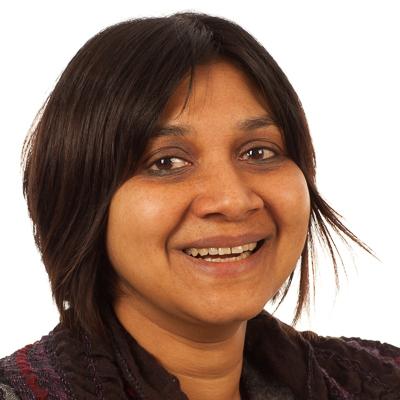

Associate Professor, NTNU
Email: sobah.a.petersen@ntnu.no
Phone: 735 94 451
Nach Norwegen! For å lære om energiløsninger…
Planlegger mikroenergisystem på Furuset
ByLab Bodø er åpnet
Dagligvarebutikken som deler overskuddsenergi med nabolaget
Overskuddsenergien skal selges som 50-55 graders termisk energi til 60 leiligheter
Ole Peter Galaasen, Jens Petter Burud
Mener EFØK bør få større fokus enn ENØK
På vei mot nullutslipp!
Bærum kommune medlem av FME ZEN
Erfaringer fra ZEN living lab på Evenstad: Brukerinvolvering i praksis
Snart ser vi ikke veggen for bare isolasjon
Tok spadetak for en klimanøytral framtid
På sparebluss med energimåling
Camilla (3) kunne ikke vente. Hun tok det første spadetaket for nyskola i Ydalir
Nullutslipp for boligområder
Bærekraftige byer på programmet
Disse 15 får lyse ut nye stillinger
ZEN-konferansen 2018: Programmet er klart!
Utvikler fremtidens nabolag
Nullutslipp på alle områder
I gang med detaljregulering i Ydalir
NTNU arrangerer første konferanse om nullutslippsområder
Elverum satser grønt
Tilbys grønt boliglån med null rente
Eidsiva Bioenergi: Skal varme miljøbydel på Elverum
Nordbolig bygger miljøvennlig i Ydalir
Kan bli aktuelt å rive
Hvorfor snakke ned noe som blir bra?
VI MÅ jo bare takke og bukke for at MDG-eren Martin Løken har opphøyd seg selv til elverumpolitikkens moroklump. Med utspillet om å skrinlegge Ydalir har han tatt belastningen med å bli latterliggjort og utskjelt. Å sette dagsorden med hovedoppslag og en tosiders avisartikkel for noe som får uttrykket «bak mål» til å framstå som tomt og innholdsløst, er en prestasjon i seg selv. Men det uredde og frimodige Martin mest av alt har klart, er å få øynene opp på flere for hva som egentlig foregår i Ydalir.
Halvard Berget
Skal vi skrinlegge Elverum?
Kun innpakningen er grønn, sier MDGs Martin Løken om Ydalir til Østlendingen. Vi er glade for Løkens engasjement, bare synd det baserer seg på misforståelser som kan skade Elverums attraktivitetsarbeid for fortsatt økt tilflytning.
Odd-Erling Lange
Respektløst å si at Ydalir kun er en grønn innpakning
Nytt forskningssenter i gang med å utvikle nullutslippsområder
Tre sentralt i Elverums nye bydel
Ydalir utvikler Elverum
NRK-bygget kan bli revet
NRK-bygget på Lø i Steinkjer kan bli revet for å gi plass til barnehage og boliger.
Joar Børstad, Johan Arnt Nesgård, Gunvor Aursjø
Gjør klimanøytral bydel til en realitet
Nordbolig og det grønne skiftet
ZEB er avsluttet – ZEN starter opp!
Forskningssenteret Zero Emission Building – ZEB har vært i arbeid ved NTNU de siste åtte årene. Men forskningen fortsetter: NTNUs forskningssenter ZEN, Zero Emission Neighbourhoods, tar over stafettpinnen.





